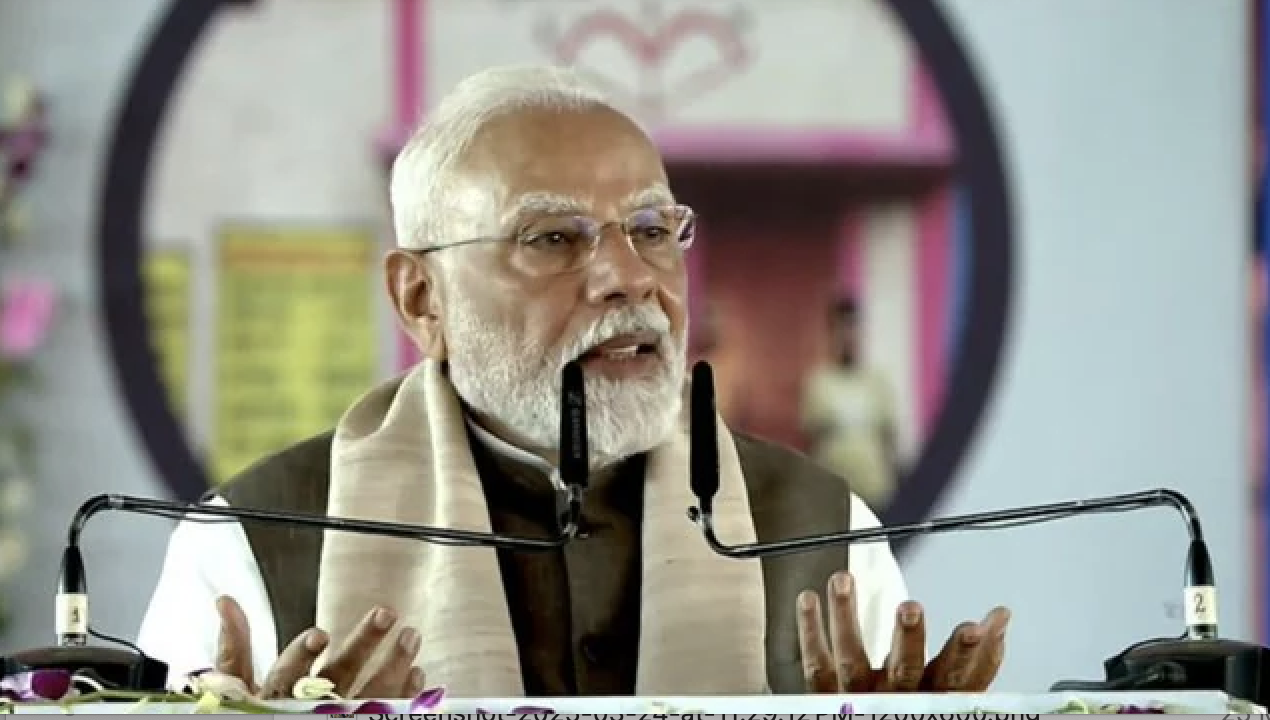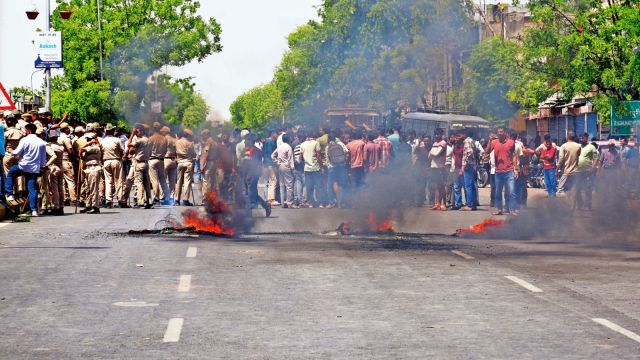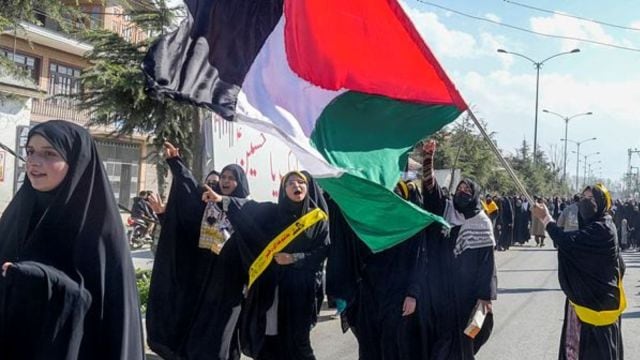The issue of Muslim exclusion in the Citizenship (Amendment) Act needs to be seen in the broader context of right wing politics
Union Home Minister Amit Shah, while speaking at a conclave recently, gave two reasons, during the discussion, for the exclusion of Muslims from Pakistan, Afghanistan, and Bangladesh in the recently implemented Citizenship (Amendment) Act (CAA), 2019. The first is Partition and the second is that as these Muslim countries are officially Islamic states, the case of persecution against Muslims does not arise.Partition and some truths
The argument that all Muslims are responsible for Partition is a fundamentally flawed one. Partition was a Muslim elite-driven project, mainly supported by Muslim landlords in North India. Among others, the Hindu right’s dream project, of a Hindu Rashtra (which was already taking institutional shape by the late 1920s) was a major trigger that caused alienation among the Muslim elites in addition to the colonial state’s divide and rule policy. It was not just some Muslim elites. The legendary southern leader Periyar championed Dravidistan as he was convinced that the political freedom that India’s nationalist elites, largely drawn from an upper caste background, were working for, would not bring genuine freedom to the oppressed and marginalised people of the South.The truth is that a vast majority of Indian Muslims were fiercely opposed to Partition and chose to stay back in India. Besides this, tall figures such as Khan Abdul Ghaffar Khan, Maulana Abul Kalam Azad, Sheikh Abdullah, and many others including the religious leadership of Deoband were opposed to Partition.
This story was originally published in thehindu.com. Read the full story here.






